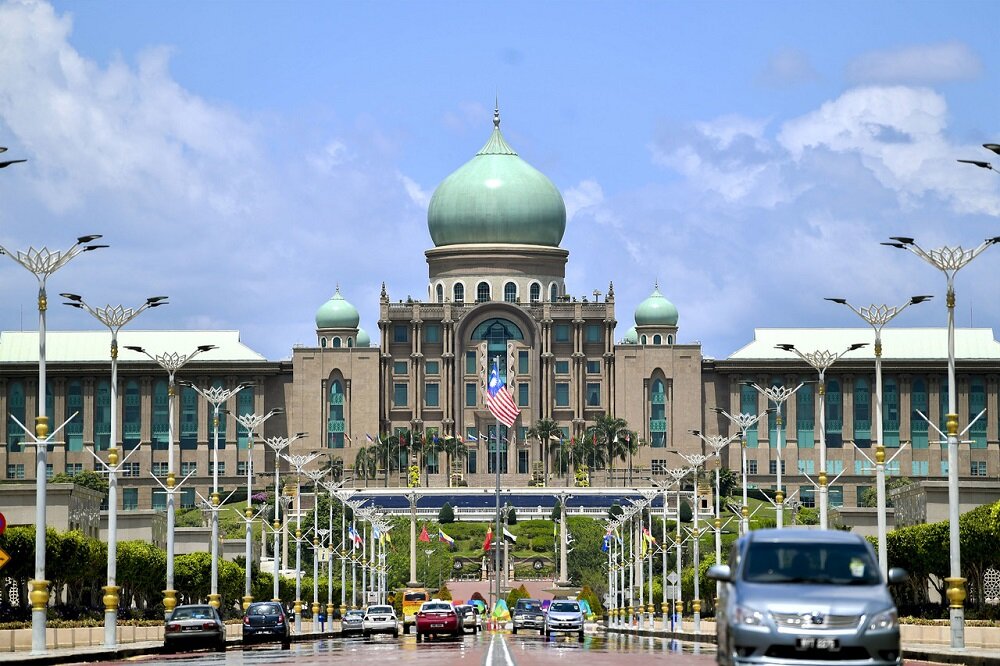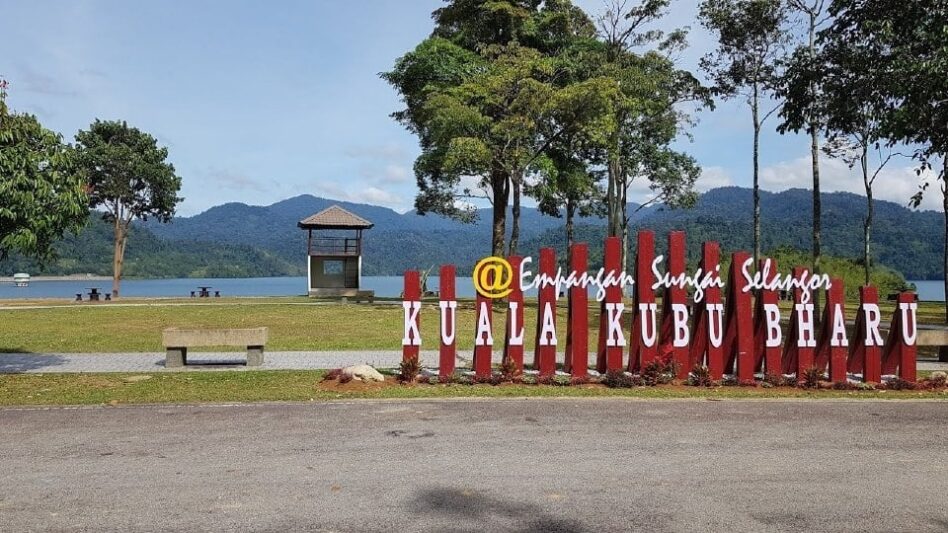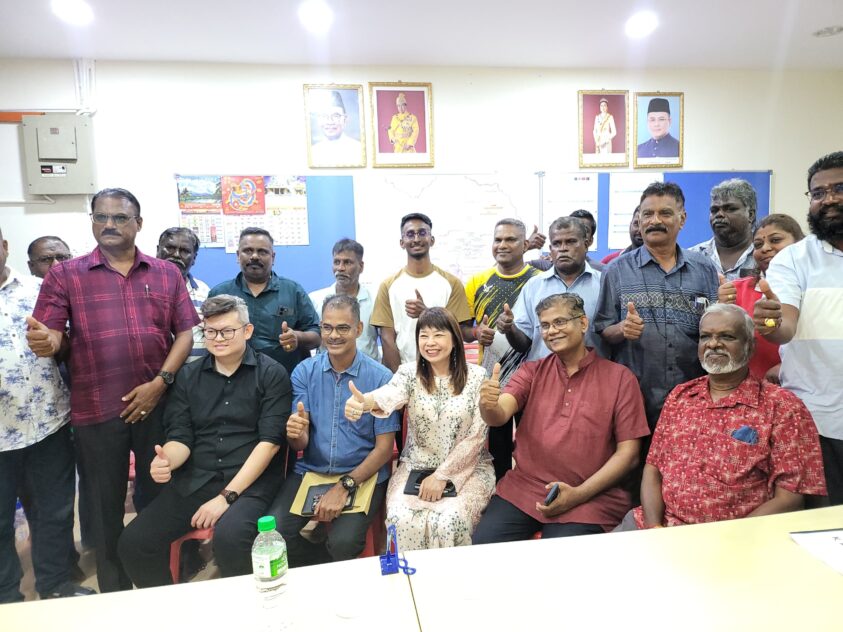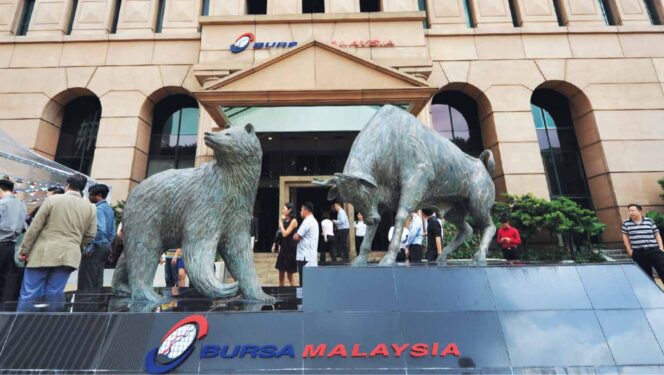ASSERTING that Malaysia is a democracy would mean asserting that the systems Malaysia are governed by adhere to democratic principles, such as freedom of expression and association, consent of the governed, transparency and accountability.
The challenge arises when assessing whether these principles have been fulfilled in the administration of the state, namely;
- Does the Malaysian Government silence members of the media or limit demonstrations?
- Does the Government publish reports on Government expenditure and public procurement processes in a timely manner or compel people in power to declare their assets?
One of the central tenets of a successful and robust democracy is that the people’s right to know is upheld only when the people have enough and accurate information that they collectively decide on giving consent to govern to the representatives they chose.
Is Malaysia truly a democracy, or simply aspiring to be one?
Yesterday (Sept 28), marked the International Day for Universal Access to Information (IDUAI). For C4 Centre and the rest of Malaysia, it was a sobering reminder that we are still left wanting in this area.
The state’s duty to uphold democracy and good governance is not just in ensuring that information is available but also to facilitate its dissemination.
If a new policy is enacted, the Government should take measures to inform the public that it exists, and ensure additional sources are available to supplement understanding of it – this is contrasted to the policy being posted on a Government website that is barely accessible, difficult to navigate and may not even have the information sought after.
Sadly, the latter is more often than not the reality in Malaysia.
Missing PAC reports
For example, at the time of writing, reports by the Public Accounts Committee (PAC) from 2019 until 2021 are missing from the website’s archive. Important PAC reports such as on the procurement of COVID-19 vaccines and on the littoral combat ship (LCS) procurement are also nowhere to be found on their website.
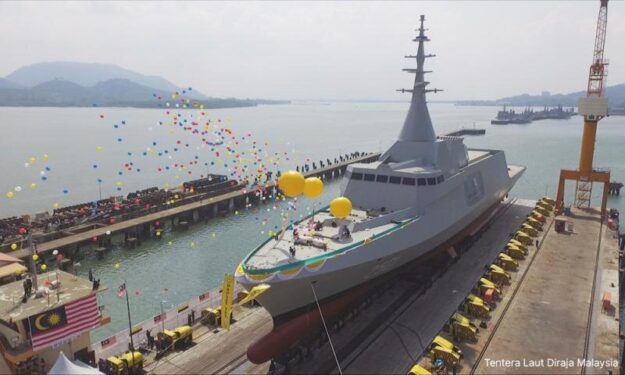
Besides, there should not be any distinction made between having available information and masking the availability with issues of accessibility, making the search for information cumbersome and virtually useless.
However, the above example is only the bare minimum.
C4 Centre has long advocated for a Freedom of Information (FOI) Act that would compel Government institutions to provide information to private citizens when requested. This is also listed under strategic objective 1.2 of the National Anti-Corruption Plan.
Moreover, categories of information that must fall under the purview of this Act include Government decision-making processes, particularly regarding procurement.
An FOI legislation, should it be passed, would allow private citizens to act as another layer of oversight and scrutiny on Government institutions, ensuring that those in power can be held accountable should any allegations of corruption, abuse of power or misuse of public funds.
Additionally, this allows for public participation in governance, a core element of democracy, by allowing access to information for the public to take action.
References to the accessibility and availability of information are also scattered throughout the UN Convention Against Corruption (UNCAC), of which Malaysia is a signatory.
Articles 1 and 9 state the need to make information about procurement processes and contracts public; Article 10 states that public administration organisations should publicise their decision-making processes, and; Article 13 states the need for members of the public to participate in society in the fight against corruption and have access to information to facilitate this.
In June 2022, Minister in the Prime Minister’s Department Datuk Seri Wan Junaidi Tuanku Jaafar stated that engagement sessions on a possible right to information (RTI) law have been carried out at both state and federal levels and will be presented to the Government “soon”.
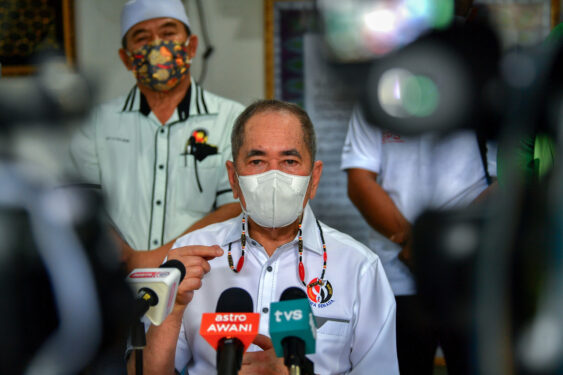
How “soon” is “soon”?
How long more will this Act be pushed to the back burner?
Adding to the conundrum is the Official Secrets Act (OSA) 1972, which is intended to protect “state secrets”.
While it is undeniable that there are certain matters of state best kept under wraps to preserve national interests, the OSA is an overly heavy-handed approach to national security at best, and at worst, a veil used by the Government to intentionally hide illegal activity and silence those who seek to bring to light these issues.
C4 Centre has long called for a complete reform of this draconian law as well.
The OSA liberally defines “official secrets” without set parameters regarding its content, instead opting to define it as any document classified as “secret” by an individual holding public office above a certain level of seniority; the potential for abuse is as clear as day.
Should any individual reveal information considered as “secret”, they will be criminally liable and unless proven otherwise, it will be assumed that they were acting for purposes prejudicial to national interests.
Furthermore, we see from now-declassified documents that documents made “secret” were not done so for national security reasons.
Just last month, two reports on the LCS scandal from 2018 and 2020 were declassified, showing clear mismanagement of public funds and strong links to corrupt practices in procurement that were nonetheless allowed to continue for years because they had been obscured from public attention, enforced by the OSA.
Besides the LCS, the private finance initiatives (PFI) scandal previously researched by C4 Centre had its tracks largely covered by the OSA.
Here, the Employees Provident Fund (EPF) and Retirement Fund Inc (KWAP) were used to obtain loans amounting to RM30 bil – with Government land parcels used as collateral – to fund public projects awarded in a non-transparent manner to well-connected people and GLCs.
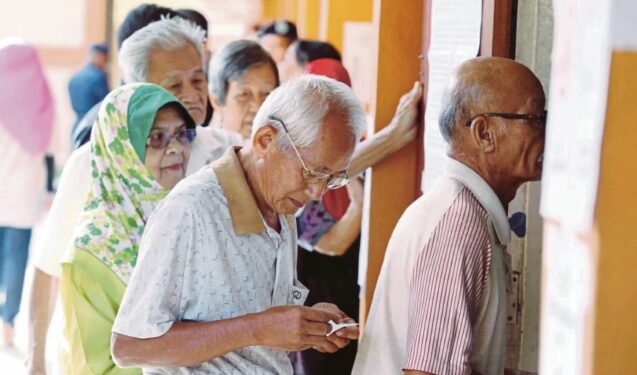
These projects were awarded through direct negotiation, falling under procurement, and hence protected from scrutiny by the OSA.
In a similar vein, the Cabinet’s approval of the Health Ministry’s appointment of MYSJ Sdn Bhd through direct negotiation for the purpose of refining the MySejahtera application was also protected from public scrutiny through the OSA as it was a matter of procurement, preventing these glaring issues from being spotted sooner.
As the next general election looms over the horizon, the link between our democratic institutions and the ability for information to flow as freely as possible becomes stronger than ever as we look back on the elected and non-elected Governments we have witnessed and look ahead to ostensibly choose the next one.
If information is the lifeblood that sustains the body politic, then the right to know is the vessel that makes sustenance possible. – Sept 29, 2022
The Centre to Combat Corruption & Cronyism (C4 Centre) is a policy advocacy centre that works to research, investigate and expose corruption of Government at all levels.
The views expressed are solely of the author and do not necessarily reflect those of Focus Malaysia.
Main photo credit: Bernama


